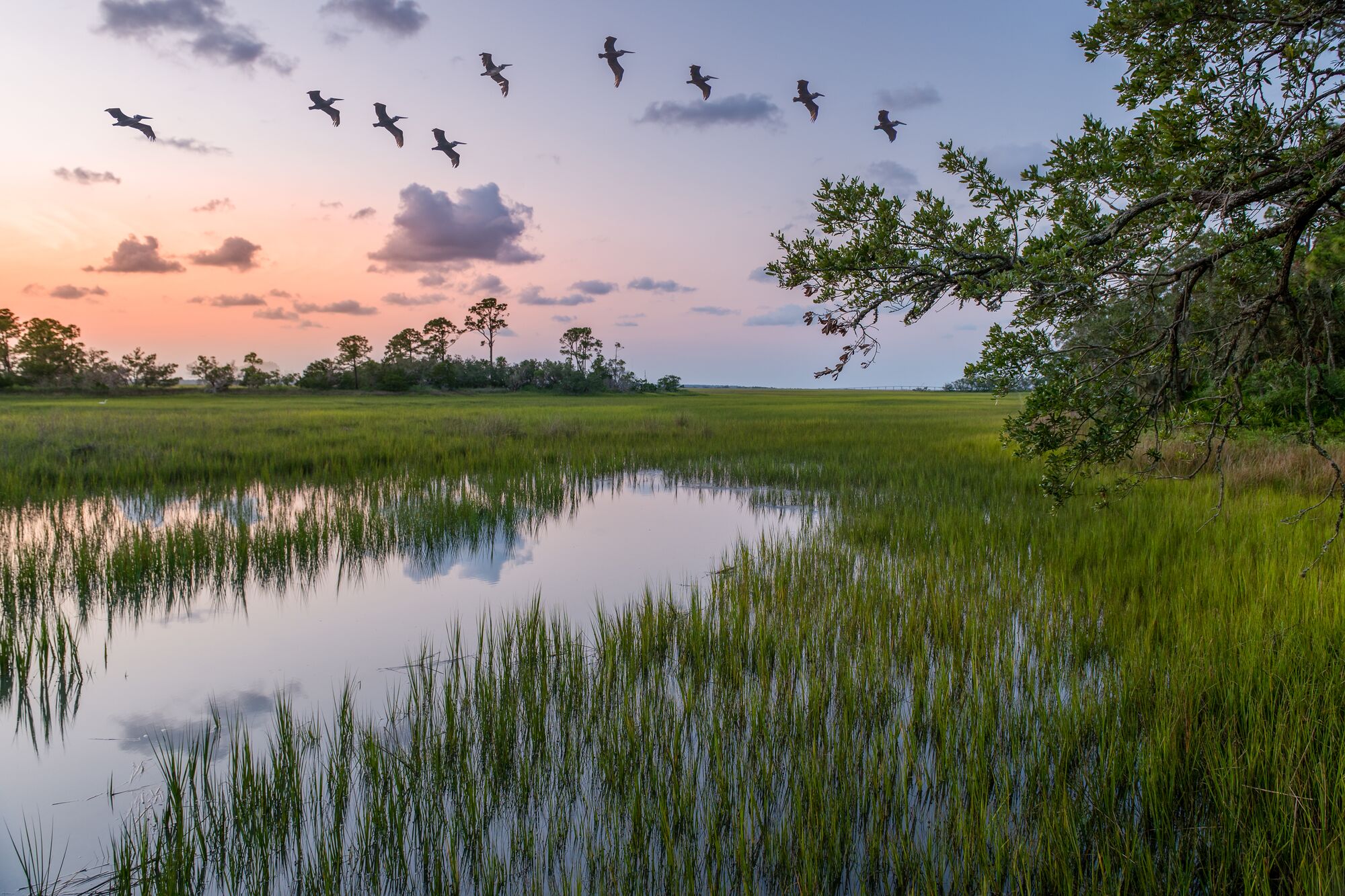Supreme Court Weakens Clean Water Act Protections
Generations will face repercussions of Court’s decision to eliminate protections for more than half of 118 million acres of wetlands
Contact
Today, the U.S. Supreme Court issued its ruling in Sackett v U.S. Environmental Protection Agency, re-interpreting the Clean Water Act to eliminate longstanding protections for millions of acres of wetlands. Five Justices on this new conservative Court narrowed the definition of “waters of the United States” — often referred to as “WOTUS” — limiting the reach of the Act, one of the most successful, effective, and widely supported pieces of legislation ever codified in the United States.
The Court’s ruling comes five months after the U.S. Environmental Protection Agency (EPA) and U.S. Army Corps of Engineers issued long-anticipated regulations clarifying the WOTUS definition. The Court’s decision to hear the Sackett case as EPA was finalizing its new regulation was highly unusual and marks the latest instance in which conservative Justices ignored traditional principles of judicial restraint in their haste to rewrite laws that protect people and the environment. The Sackett decision now creates tremendous confusion for regulators and the communities they protect, because it undercuts the legal foundation of the new science-based WOTUS regulation, as it applies to wetlands.
“The Sackett decision undoes a half-century of progress generated by the Clean Water Act. More than 118 million acres of formerly protected wetlands now face an existential threat from polluters and developers,” said Sam Sankar, senior vice president of programs at Earthjustice. “This decision is the culmination of industry’s decades-long push to get conservative courts to do what Congress refused to do. The Court’s decision to deregulate wetlands will hurt everyone living in the United States. Earthjustice will continue to fight to protect our waters to ensure the health of communities and ecosystems for decades to come.
“While Earthjustice and our allies are closely evaluating the impact of the Sackett decision on the new WOTUS regulation, we can say with certainty that the Court has once again given polluting industries and land developers a potent weapon that they will use to erode regulatory protections for wetlands and waterways around the country.”
Earthjustice filed an amicus brief in this case on behalf of our clients — 18 Tribes who rely on waterways for food, economy, and culture — to explain the importance of preserving precedent interpretations of the Clean Water Act that make it possible to protect those waterways. The Court’s decision rejects those concerns in favor of a deregulatory approach that serves industry interests at the expense of people downstream who depend on clean water for their health, livelihoods, and way of life.
Four Justices recognized this in their concurring opinion that laid out the problems with the majority’s new, narrowed test for waters of the United States. As Justice Kavanaugh explained, that test “will leave some long-regulated adjacent wetlands no longer covered by the Clean Water Act, with significant repercussions for water quality and flood control throughout the United States.”
The ongoing willingness of the conservative supermajority to disregard traditional principles of judicial restraint in service of a deregulatory, pro-industry, and anti-environment agenda, raises deep concerns about the future of other bedrock environmental laws. In the last two terms, the Supreme Court has issued decisions that severely restrict our ability to protect our waterways and combat climate change.

Additional Resources
About Earthjustice
Earthjustice is the premier nonprofit environmental law organization. We wield the power of law and the strength of partnership to protect people's health, to preserve magnificent places and wildlife, to advance clean energy, and to combat climate change. We are here because the earth needs a good lawyer.